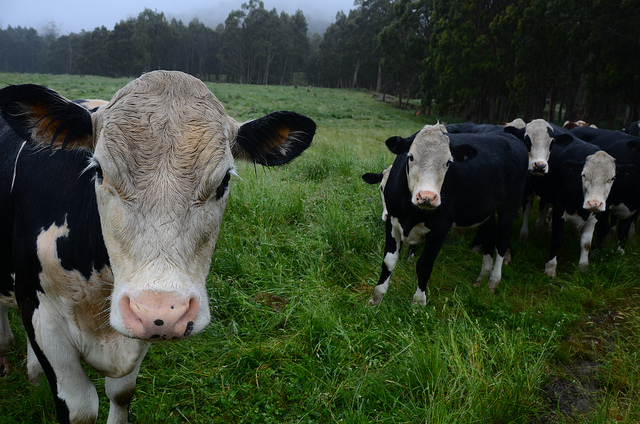
“I wish I could travel like you do. But I’m just too fussy – I could never ride those busses, or sleep in those hotels. I like to be comfortable.”
I immediately thought to myself, “But I like comfort too! Only a masochist would enjoy being cramped on flooding busses for 16 hours or sleeping in cockroach infested hotels.”
What she said was completely reasonable, but it caught me off guard. I wasn’t sure how to explain myself. What made me different than her?
Daily comforts and readjusting baselines
To make sense of my response, we need to go way back to high school, where each summer I’d embark on a wilderness canoe trip with my friends. 1
I wasn’t in great shape, and those trips were hard work. I don’t recall enjoying much of the four-day excursions: We’d portage heavy loads through clouds of hungry mosquitoes, paddle for 8 hours a day, get infected black-fly bites, and eat pretty basic food. (“Another half-smushed peanut butter sandwich? I think a chipmunk chewed some of this one.”)
But when I returned home the normalcies of a warm shower and a soft mattress transformed. They were pure bliss. It was impossible to take for granted the daily comforts which I had always taken for granted.
That is, until weeks later when those daily comforts became “normal” again. So each year I’d eagerly return – even while dreading impending discomfort.
So, what makes me different than a ‘normal’ comfort-seeking person?
Clearly it’s not that I enjoy discomfort – as stated, I’m no masochist. Quite the opposite, actually: My love of comfort is precisely the reason I choose to travel “uncomfortably” (or as I call it, simply and frugally).
In responding to my sister’s comment (I’ll get to that soon), a new realisation about myself dawned on me: I had been cultivating a ‘comfort zone expanding’ attitude to life, ever since those canoe tripping years.
Let me explain what I mean by this.
What is comfort?
According to the dictionary, physical comfort is “a state of physical ease and freedom from pain”. But the bigger question is “Where is comfort found?”
My theory (which you may call Mike’s theory of comfort-zone distance) is this:
Comfort is found with increasing distance from the border of your comfort zone.
Let me draw you a picture to illustrate it:

A given experience yields comfort proportional to its distance from the edge of your comfort zone (measured in blue)
To arrive at a feeling of comfort, you can either find more comfortable experiences (effectively retreating towards the centre of your comfort zone – let’s call this Method A). Or you can expand your comfort zone (let’s call this Method B) and not be forced to change your external environment.
Though similarly easy in the short-term, these two pathways will lead to very different versions of “you” in the long term.
The problem with method A
Most people don’t realise that comfort zones are always shrinking. Our baselines adapt very quickly (this is evidenced by recent neuroscience). Just think about how amazing your new car or iPhone was at first; compared to how “normal” they felt just a few months later. (note baselines can go either way: the canoeing experience, for instance, felt easier each year)
So what seems like an intuitive response (ie “choose the most comfortable option available now”) is actually a dangerously slippery slope. You can run from your comfort zone boundary, but you can’t hide. It will Keep. Getting. Closer. (like that Hollywood monster, chasing with lumbering steps, yet always catching up).
And where does this “slide down the slope of comfort-zone” end? With:
- less money (owning expensive ‘stuff’ which delivers diminishing satisfaction);
- less freedom (as fewer available options will satisfy your ever-pickier tastes); and
- less comfort (your comfort zone continues to shrink, even while your physical environment stays the same).
Clearly, I’m a fan of Method B: Expanding our comfort zones. This is how it looks:
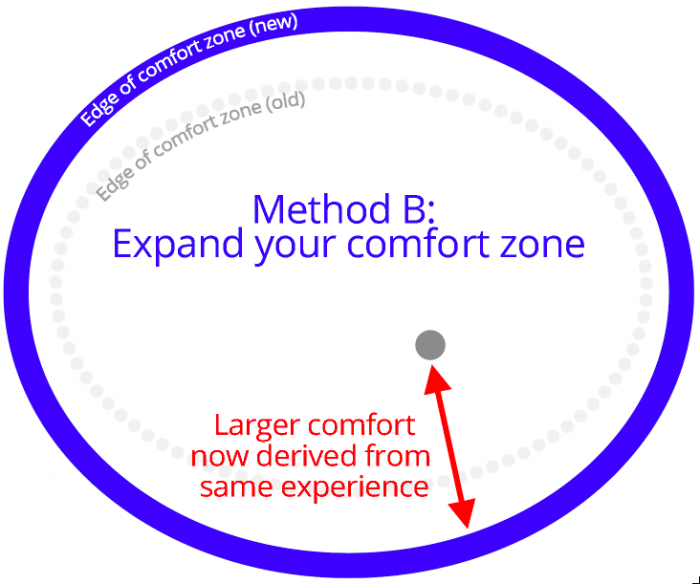
Expanding your comfort zone yields additional comfort without requiring changes to your external environment
So how do we achieve the Method B approach?
You can do this in many small ways, in daily life, and it’s not limited to purely physical challenges like my examples. The key is to put yourself in situations that challenge or scare you, even just a little!
So try exotic foods. Talk to strangers. Ride your bike to work. Buy secondhand. Meditate. Engage in public speaking. Rock climb. Basically, doing whatever makes you nervous, even in small doses, is going to expand your comfort zone.
I also call it intentionally cultivating discomfort. A friend of mine calls it seeking character-building experiences. 2
As a bonus, all of these example activities are considered intrinsically enjoyable by millions of people. So you might even find a new passion.
How this works for me when travelling
I often enter challenging situations when travelling, and frugalism is only part of the reason. Because after riding the fish-bus to the vomit-ferry in Zanzibar, or the tortuous overnight train ride to Xi’an, I realised the real value of those experiences is not measured in the dollars saved, but in the toughness and confidence gained.
Knowing that I’ve endured something worse helps me to more comfortably bear any bus, and handle any hotel. Comfort zone: Expanded.
How this works for me in everyday life
I have a mantra I use to help with lots of decisions, from the large (“What job to accept after uni?”) right down to the small (“How do I drain my pasta?”).
The mantra is: Instead of seeking the most comfortable option available or affordable, I aim instead for the least comfortable option which I can tolerate.
It sounds unintuitive, but it’s a recipe that delivers endless opportunities for personal development, and transforms ordinary physical comforts into bliss.
So, how did I respond to my sister’s comment?
I told her that these rough travel experiences aren’t comfortable for me either – but they’re tolerable. It took me years of conscious effort to overcome my innate fussiness, to expand my comfort zone, and to begin drawing intrinsic enjoyment from challenging situations.
This philosophy has enabled me to have some mindblowing experiences all over the world, and more importantly, to have a life I feel truly lucky and grateful to be living. I hope my journey can help guide others on theirs.
So whether it’s for travel, personal development, frugalism, or building character: The best way to transform your life into one full of comfort is to regularly find ways to expand the boundary of that ever-shrinking comfort zone.
-Mike
p.s. Please share this post with anyone you know who would like to make their life more comfortable.
- Aside: These trips were a rediscovery, Peter Pan-like, of the natural world which I’d spent my childhood exploring but had forgotten during my early teens. Unfortunately this is an all-too-common casualty of life in a giant city paralysed by traffic; I feel very fortunate to have had such a resuscitation before my biophilia flatlined.
- He later got a job that required him to rappel out of helicopters into forest fires.

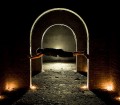
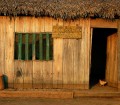
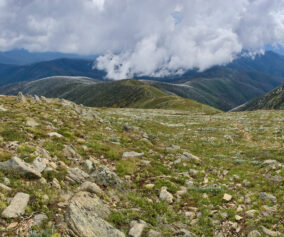


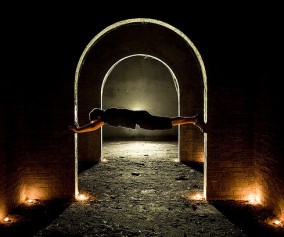



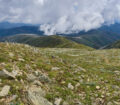











awesome post Mike! I am in the process of setting up a travel coaching business with the intention of pushing people out of their comfort zone into challenging travel situations in order for them to grow and develop mentally & emotionally which your article articulately illustrates :) I’ll share your article with my new clients! Hope you’re well!!
Thanks so much Gen, I would love to hear their thoughts too!
Your new business sounds very intriguing. I’m going to email you to find out more…